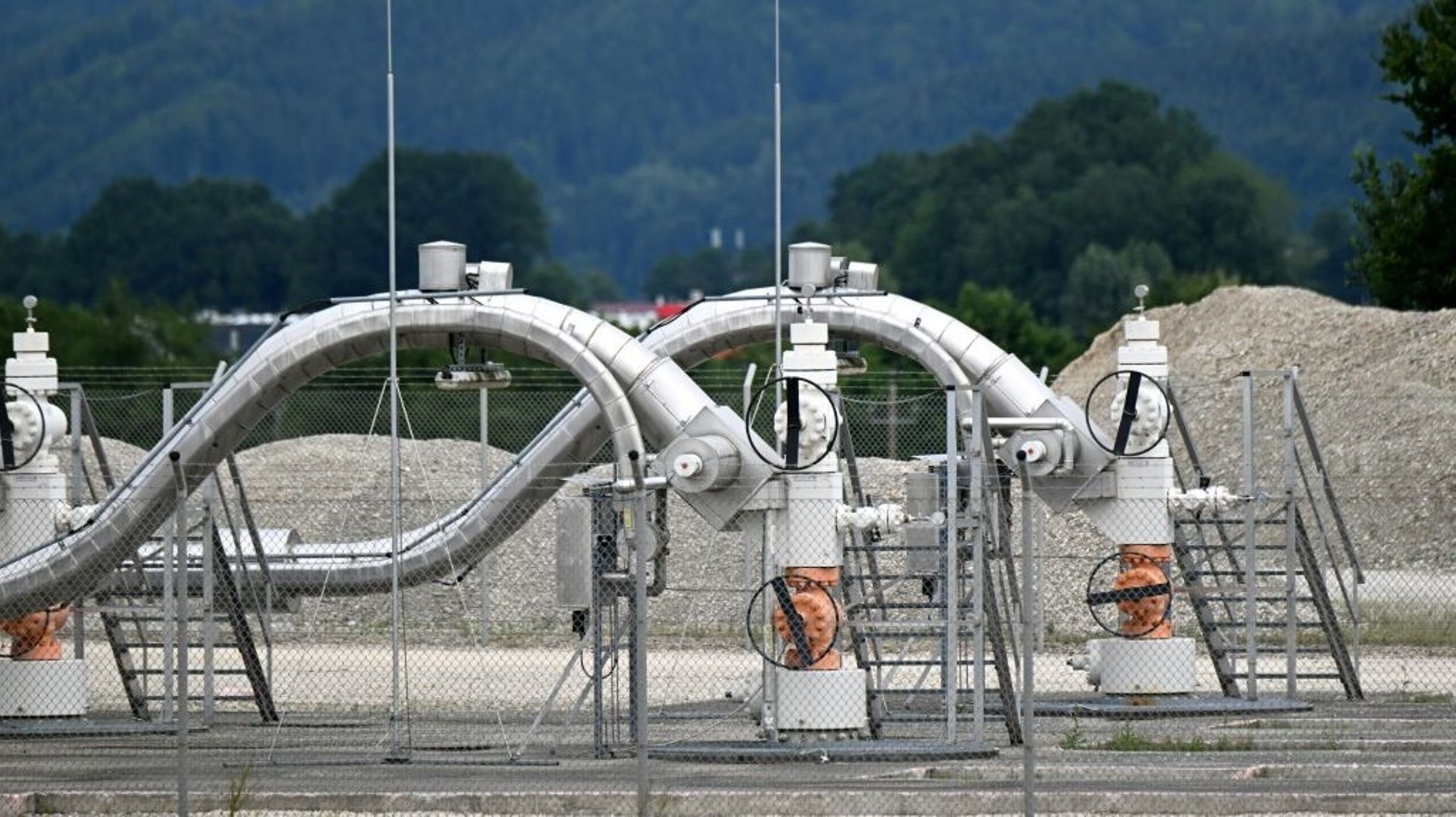Germany did not want to give Moscow an additional argument to interrupt its gas deliveries. German Chancellor Olaf Scholz, through his spokesperson on Sunday, said “hailed the decision of our Canadian friends“.
Berlin also argues that, for technical reasons, it would be difficult for Gazprom to stop its deliveries via Nord Stream, the gas exploited in the Siberian field being “under pressure“and cannot be stored forever.”It’s not like a water tap“, by M. Habeck.
Fear of rationing
Since the start of the war, Germany has closed another Russian gas pipeline which was due to come into operation – Nord Stream 2 – and is making efforts to reduce its dependence, but it still remains significant: 35% of its gas imports come from of Russia, against 55% before the war. And more than 50% of the heating of homes is still provided with gas.
A lasting shutdown of Nord Stream 1 would not only penalize Europe’s leading economy.
According to the website of the Nord Stream company, the gas that arrives in Germany, in the town of Lubmin, then continues to be transported to Belgium, Denmark, France, Great Britain, the Netherlands “and other countries“.
A prolonged stoppage of deliveries would therefore aggravate the energy crisis in which Europe is already struggling, with prices soaring and the fear of a very difficult winter.
—


